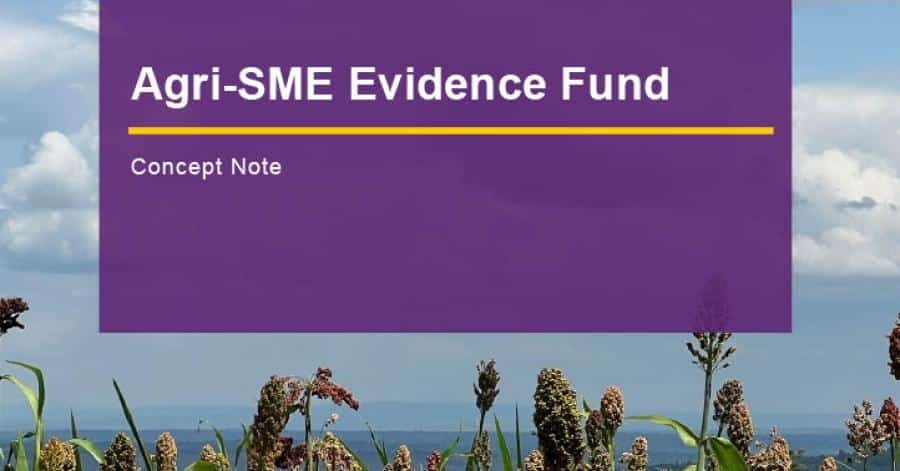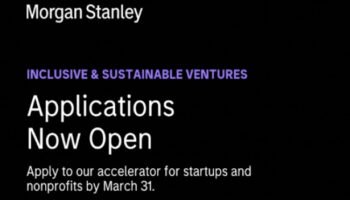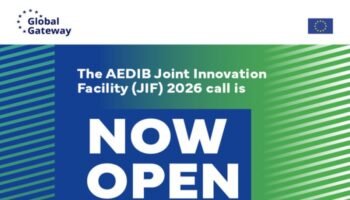International Growth Centre is currently accepting applications for the Agri-SME Evidence Fund that address research gaps at the intersection of agriculture, finance, and SMEs.
Increasing access to finance for smallholder farmers and agri-SMEs has significant potential to improve rural livelihoods, strengthen food security, mitigate the effects of climate change, and create economic opportunities for women, youth, and other marginalised groups.
To expand the knowledge base within this sphere, the IGC (International Growth Centre) and Aceli Africa have set up the Agri-SME Evidence Fund.
This evidence fund is targeted to understand the mechanisms and impact of the flow of catalytic capital to agri-SMEs to improve livelihoods and environmental performance. The evidence fund will build an evidence base to inform new thinking and practice among practitioners, researchers, policymakers, and funders around improving the functioning of financial and agricultural markets in sub-Saharan Africa. The deepened understanding of key issues is also the first step towards addressing barriers to agri-SME growth.
Agri-SME Evidence Fund Topics
They are interested in projects that focus on the following:
- Increasing the supply of loans to agri-SMEs
- Increasing agri-SMEs’ demand for loans
- Understanding the impact of access to credit and technical assistance on livelihoods
- Understanding the role of enabling environments on credit markets
In addition, they aim to commission work that spans these areas while also focusing on themes such as gender, youth, food security and nutrition, climate and environment. They also prioritise creating research infrastructure and public databases that serve as public goods.
Funding Information
Grant Amount: Up To £100,000 (including overheads).
Eligible Projects for Agri-SME Evidence Fund
They are interested in funding the following:
- Exploratory research: This relates to preliminary research ideas, such as conducting background research, developing partnerships, visiting field sites, and collecting preliminary data. Funding for exploratory research should be used to support costs related to the researcher’s travel and engagement with the relevant IGC country team (if applicable), practitioners, and/or policymakers, to develop a proposal for a pilot or full research grant proposals to submit to subsequent calls for proposals.
- Pilots and proof of concept: This relates to projects with a reasonably well-developed research question, but for which the design and implementation requires further testing and pilot data before it can be scaled-up into a larger research study. New evidence from the pilot can lead to an adjustment or reformulation of the research question. Grant awardees are expected to engage with relevant policy stakeholders, implementation partners, the Agri-SME Evidence Fund team, and the relevant IGC country team (if applicable) for feedback during the pilot, to further shape their interventions and research design for scale-up.
- Fully developed research projects: This relates to fully developed research projects, regardless of budget. Not only must the research question be clear, but applicants must also demonstrate a commitment from implementing partners (if applicable), and a clear and compelling research design. Proposals can be submitted for any type of research, and they encourage the use of a variety of approaches, including using secondary data. Proposals can also be submitted for funding the continuation of research projects that have already started where new research opportunities arise. The expectation is that these projects will result in a paper publishable in a top economics journal and generate significant policy impact.
Ineligible Projects for Agri-SME Evidence Fund
They will not fund projects that are
- purely qualitative,
- not grounded in sound economic research principles, or
- relevant only to middle- or high-income countries
Geographical Focus
- Geographically, the priority countries are Kenya, Rwanda, Tanzania, Uganda, and Zambia. Research in other low- or middle-income countries may be funded if the research question and findings are relevant to their priority countries as well as the research agenda.
Eligibility Criteria
The Agri-SME Evidence Fund gives equal opportunity to researchers from all over the world, and proposals are assessed on quality and the evaluation criteria outlined in this document. However, please see below some guiding principles.
- A researcher from any country is allowed to apply for a research grant.
- A single researcher can be included in more than one proposal during the same call for proposals with different proposals. A single institution is allowed to submit multiple proposals. If multiple proposals are submitted, the researcher and/or institutions involved should have the capacity to conduct the research according to the proposed timescales.
- The Lead PI of a proposal must hold or be currently pursuing a PhD. Co-PIs generally should have the same qualifications, but candidates with a master’s degree can be considered.
- For fully developed research projects, the Agri-SME Evidence Fund will not fund projects over GBP 100,000 (including overheads), and their average project value is 60,000.
- Applications that are in line with the Evidence Fund research priorities, empirically rigorous, advance their knowledge about inclusive growth policy, and have strong value for money are favoured.
How To Apply for Agri-SME Evidence Fund
Application Deadline: 2 February 2025
Elevate Your Business With Our Expert Services!







